Women Work: Analysis
This poem elucidates upon the predicament of women because it talks about how her world revolves around the domesticated tasks of cooking, cleaning, caring, and tending to everyone else, with little or no time for herself. The poem begins with an upbeat rhythmic tone and then graduated to being calm and relaxed. The tone of the poem is reflexive of the breathlessness a woman experiences while doing chores and then refers to the calm she wishes to experience.
The title of the poem “Woman Work” is apt for the poem as this work of Angelou lists the amount and the nature of work women do and the struggle that they face while doing it. Even though the poem talks about a single individual, the poem is universal in its theme, talking about any woman overwhelmed by work, unable to find respite from her duties.
Women Work: Literary Devices
The poem uses wide-ranging imagery to paint a picture of the woman’s life. While the first stanza paints the image of a woman constantly at work, moving from one task to the other, the second, third, and fourth stanza paint images of various aspects of nature. For instance, the second stanza paints images of sunshine and rain providing relief to the woman. The next stanza paints the picture of an object blowing in the wind free of any attachment.
The poem also uses metaphor and personification. The image of a wind blowing her away is, in fact, a metaphor for freedom from the hectic life without any attachments. The line ‘snow-flake covers me’ is the personification suggestive of calm and peaceful rest.
Women Work: Themes
Work vs. Freedom – While the first stanza of the poem mostly lists the chores the woman does, the theme of the poem lies in her desire to escape this life of constant work. At the outset, the poem depicts the struggle the woman goes through on a regular basis to balance work and household chores, including caring for the sick and the young, with the desire for some respite from this monotonous life. The poem also depicts the inner struggle of the woman. The struggle to be a dutiful mother as well as a dreamer who dreams of floating in the air, free of any attachments.
Nature as a source of comfort – In the poem, the narrator sees nature as a comfort source. From the second stanza, the narrator calls on to various elements of nature to free her, to provide her with relief from the prosaic life she leads, and the last stanza explicitly mentions nature as her savior in the line, “You’re all that I can call my own.” The act of turning to nature for relief, in a way, echoes the idea of the Wordsworthian poem, “Daffodils,” where William Wordsworth suggests that in times of despair, it is the image of the field of Daffodils that revives him. Like Wordsworth’s “Daffodils,” this poem also harps upon the bond between man and nature – a bond that provides man with comfort, companionship, and joy.
Feminism – Since the poem looks at the idea of women being overwhelmed by housework with no time for herself, it presents an argument often made by Marxists feminists stating that women are often used as an unpaid laborer at home, alienated from themselves. The speaker’s desire for freedom indicates her need to be valued for her work and acknowledged for her contributions.
Women Work: Summary
A Brief: The poem looks at the idea of a woman demanding freedom from various chores that tie her down. Overburdened by work, the woman turns to nature for deliverance. This is indicated in the very last line of the poem, where the narrator says, “You’re all that I can call my own.” In other words, the speaker seeks refuge in nature to escape the drudgery of her life.
Maya Angelou (born Marguerite Annie Johnson; April 4, 1928 – May 28, 2014) was an American poet, memoirist, and civil rights, activist. She published seven autobiographies, three books of essays, several books of poetry and was credited with a list of plays, movies, and television shows spanning over 50 years. She received dozens of awards and more than 50 honorary degrees. Angelou is best known for her series of seven autobiographies, which focus on her childhood and early adult experiences. The first, I Know Why the Caged Bird Sings (1969), tells of her life up to the age of 17 and brought her international recognition and acclaim.
Some online learning platforms provide certifications, while others are designed to simply grow your skills in your personal and professional life. Including Masterclass and Coursera, here are our recommendations for the best online learning platforms you can sign up for today.
The 7 Best Online Learning Platforms of 2022
- Best Overall: Coursera
- Best for Niche Topics: Udemy
- Best for Creative Fields: Skillshare
- Best for Celebrity Lessons: MasterClass
- Best for STEM: EdX
- Best for Career Building: Udacity
- Best for Data Learning: Pluralsight
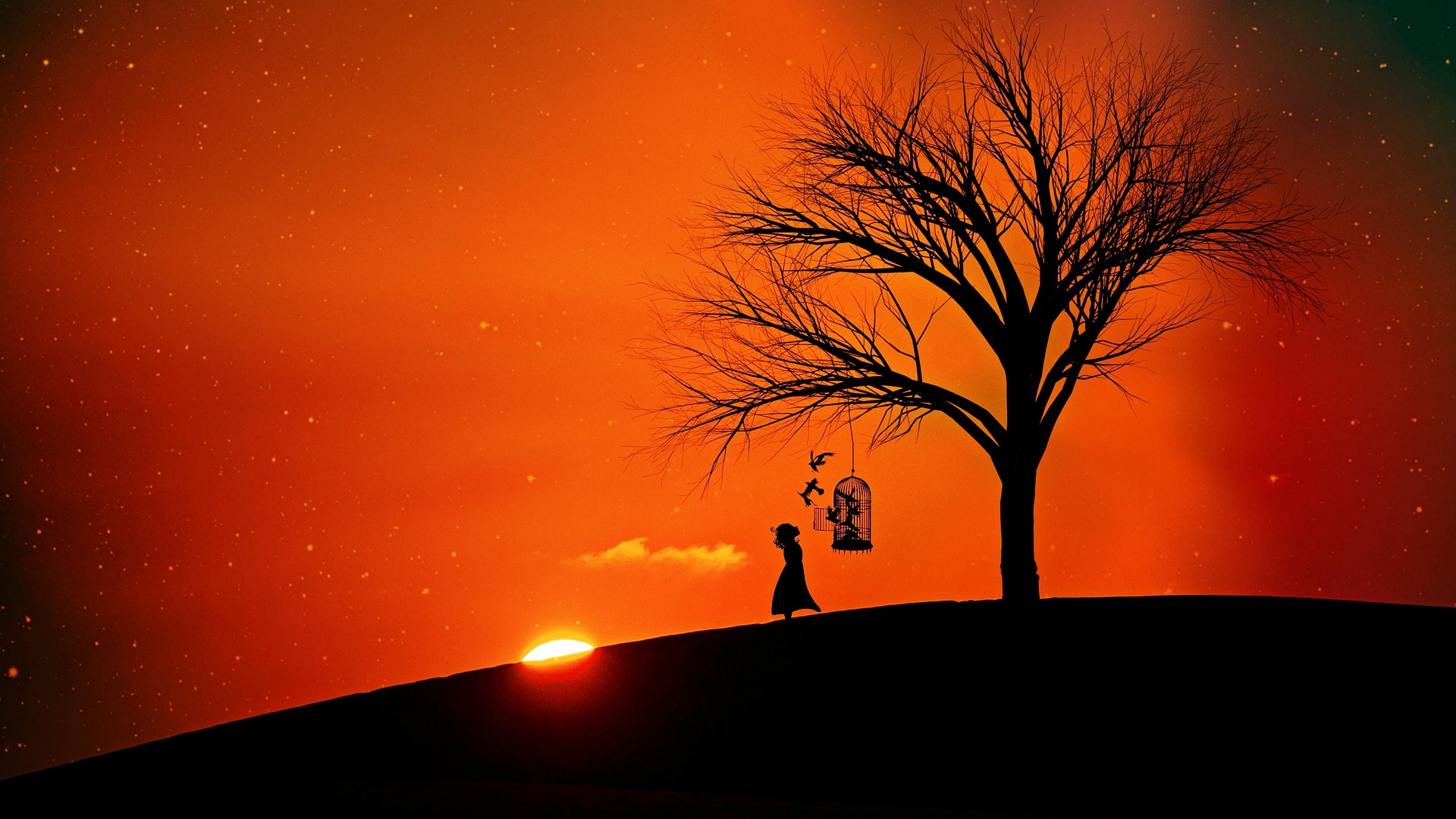
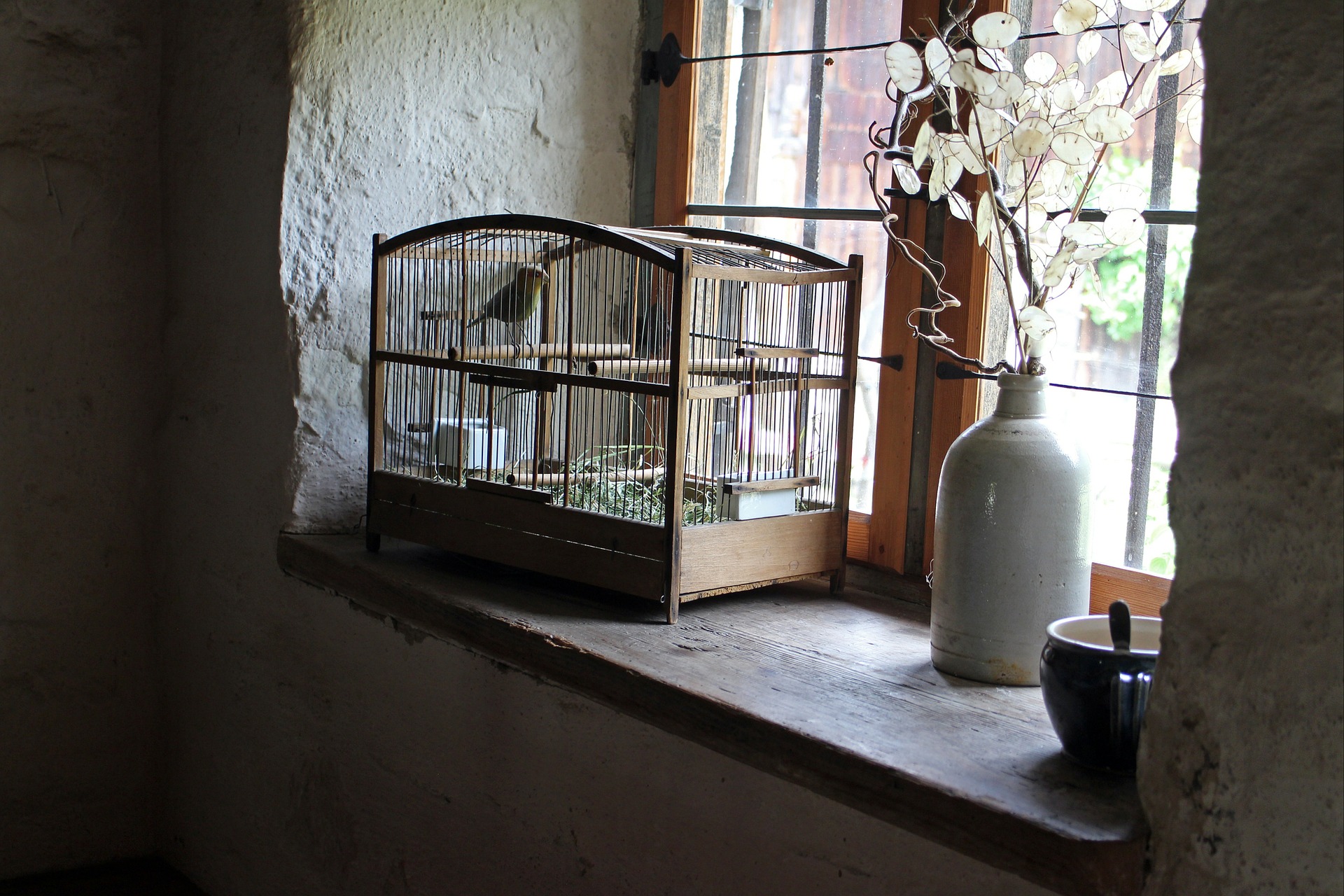

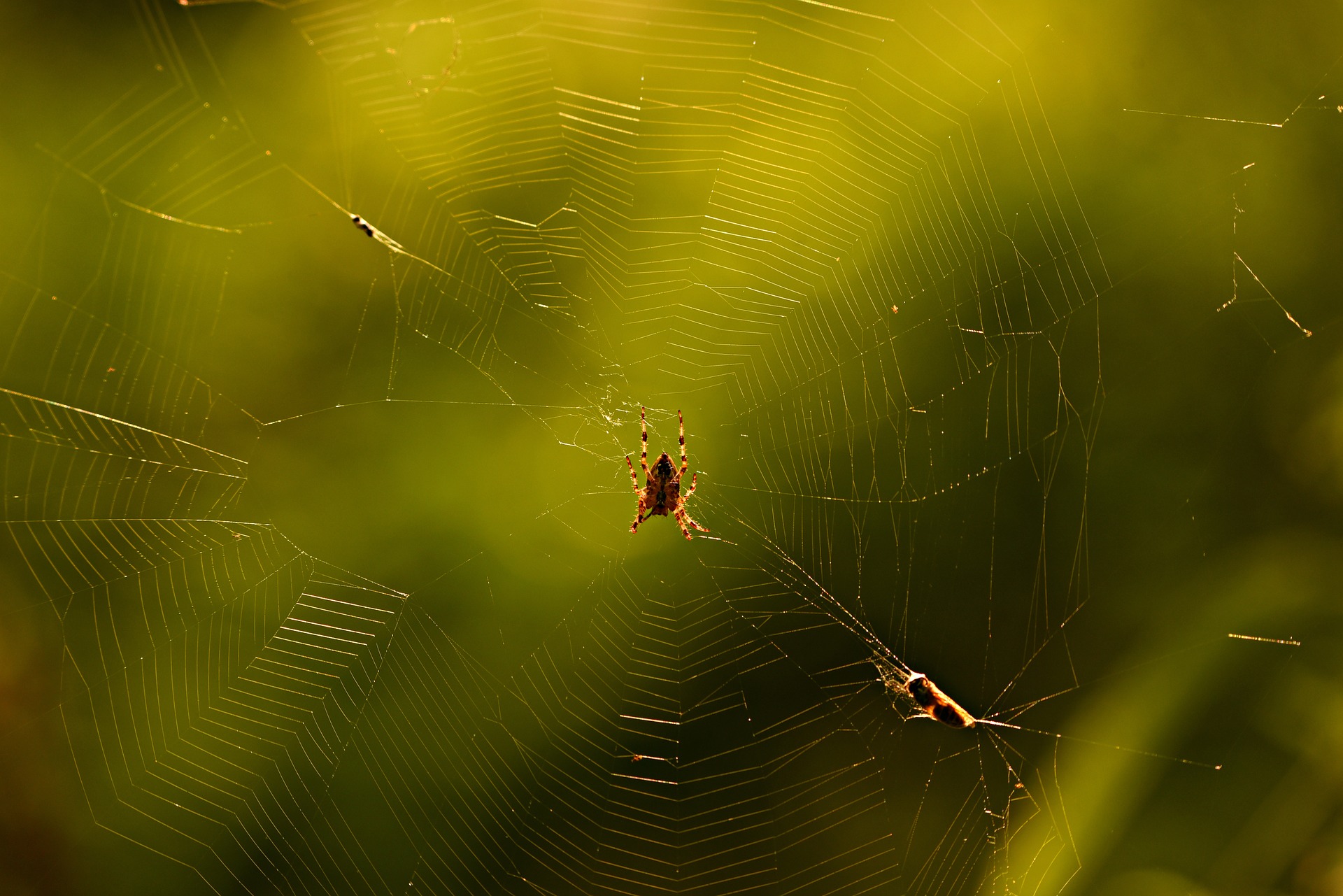
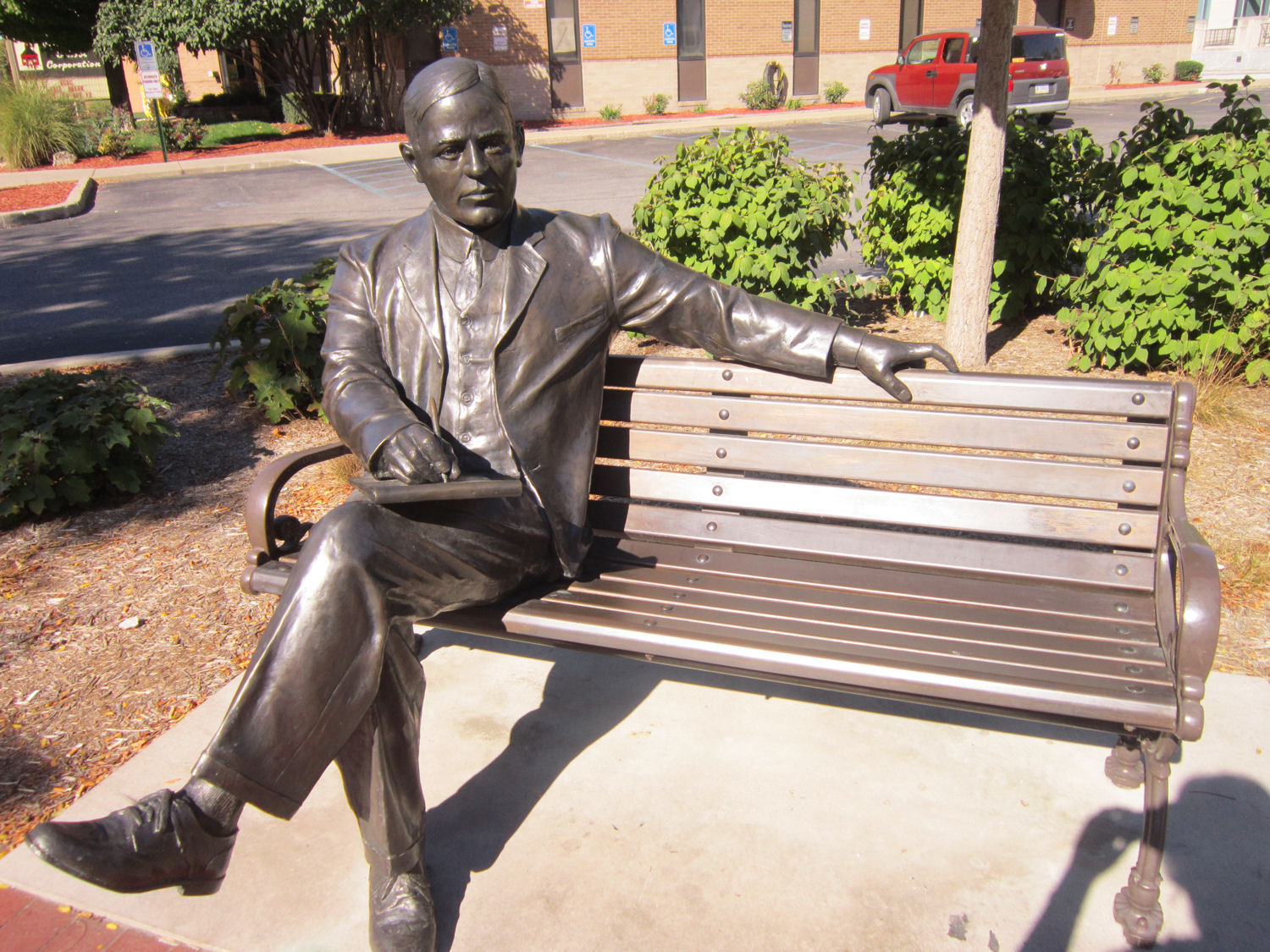
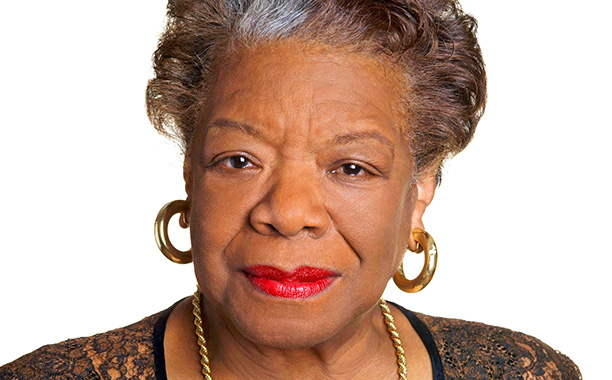
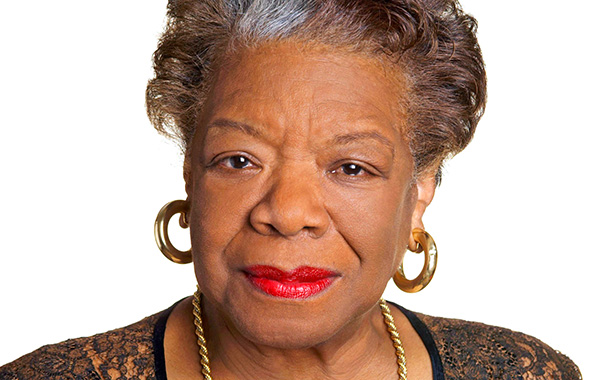





Women should get out for work! Hands up!